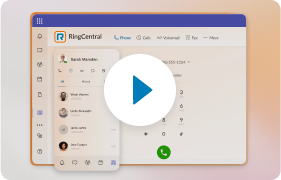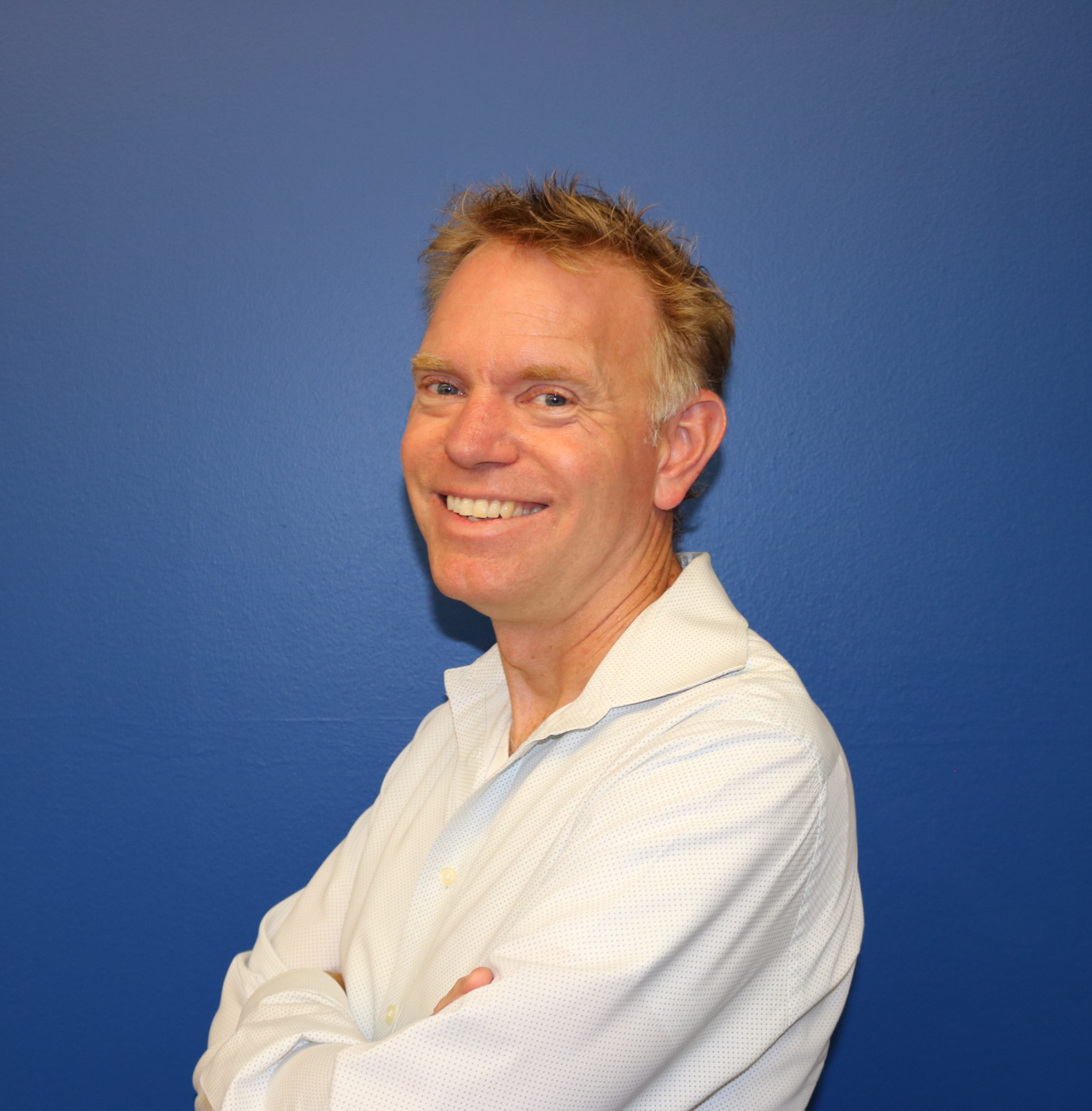Anyone who’s spent any time at RingCentral will tell you, the key to our success is our culture. It’s diverse. It’s dynamic. And it’s built for performance on the global stage. Why does it work?
According to Danita Oliver, RingCentral’s Accounts Receivable Operations Manager, a sense of inclusion is key. “I am comfortable bringing my whole self to work every day. I don’t feel like I have to fit into a culture, or an environment or a way of doing things. I want our culture to be accepting of me as I am. Open to my experience. My ideas. My differences. I want us to build a culture that embraces me — the whole person, not just the things I’m good at and the skills I bring to the job.”
Diversity and inclusion are a major element of company culture across the modern workforce, but according to Oliver, that hasn’t always been the case. “I think corporate culture among Fortune 500 companies was static for a really long time. It was a little like the military. You go into the military for them to teach you how to be in the military, not for them to embrace all of the different components that make you, you, and have them figure out how you can grow and be part of what they’re doing.”
That approach worked for the fortunate few, but left a lot of talented people on the margins. “You were either invited into that culture, or you were on the outside. If you didn’t fit their ideal, you didn’t get ahead. Sure, you could be in the “town,” so to speak, but you lived on the outskirts of it. And I think that’s reflected more broadly in our society – people who don’t fit are left off to one side, while over on this side is where the money is. Where the growth is. Where the advancement is.”

Creating that atmosphere of inclusion, and more importantly, turning it into a tangible benefit is an ongoing process, says Oliver. “Large corporations have been talking about diversity and inclusion for a long time. Actually making it a reality takes more than talk. Yes, there has to be a discussion – an acknowledgement. But at some point, you have to actually do something. You have to make those changes. Not just in entry level positions, but at the top. Your leaders are the people who are going to be seen. That’s where you make the difference. The people you’re bringing in the door need to know when they come in the door, that there are people who look like them at the top—people they identify with who are happy and successful here.”
According to Oliver, RingCentral is on the right path, but there’s still more work to do.
“RingCentral is still so young. And let me tell you what they’re doing right: they’re acknowledging that they need to do better. Every company needs to do that. They need to say “We’ve missed the mark on diversity,” and these younger companies like RingCentral are absolutely prime to be game changers in diversity as they hire more women, more people of color, and so forth.”
An employee referral program can help build an inclusive culture—but participants have to think outside the box.
“I don’t go looking for people like me, because I’m a talker.” Oliver says. “If we had a room full of people just like me, we’d never get anything done. It’s when you reach out to people who don’t necessarily look or think like you and bring something different to the table that you really make a difference.”
Recruiting diverse candidates can be difficult if your network looks and sounds like you. How do you expand it? Oliver thinks technology could help.
“I don’t think it’s difficult for Black employees to ask other Black people to apply for jobs, but I might not have any Asian or East Asian people in my network, for example. So I wonder if encouraging employees to post opportunities on LinkedIn would be a good way to do it — a reward for the most LinkedIn referrals or something similar. If we could highlight that on social media, maybe that could help.”
People perform at their best in an environment where they feel respected and appreciated for who they already are, not just for what the organization requires of them. That’s an effort that requires constant self-searching and improvement. It’s a journey with no finish line. But the rewards are already apparent. RingCentral is able to perform on the global stage by continually building-and-maintaining a culture that looks like, sounds like and truly understands the global marketplace. That’s what makes us the world leader in business communications. And what defines the idea of #workingtogether.
Updated Mar 13, 2025












